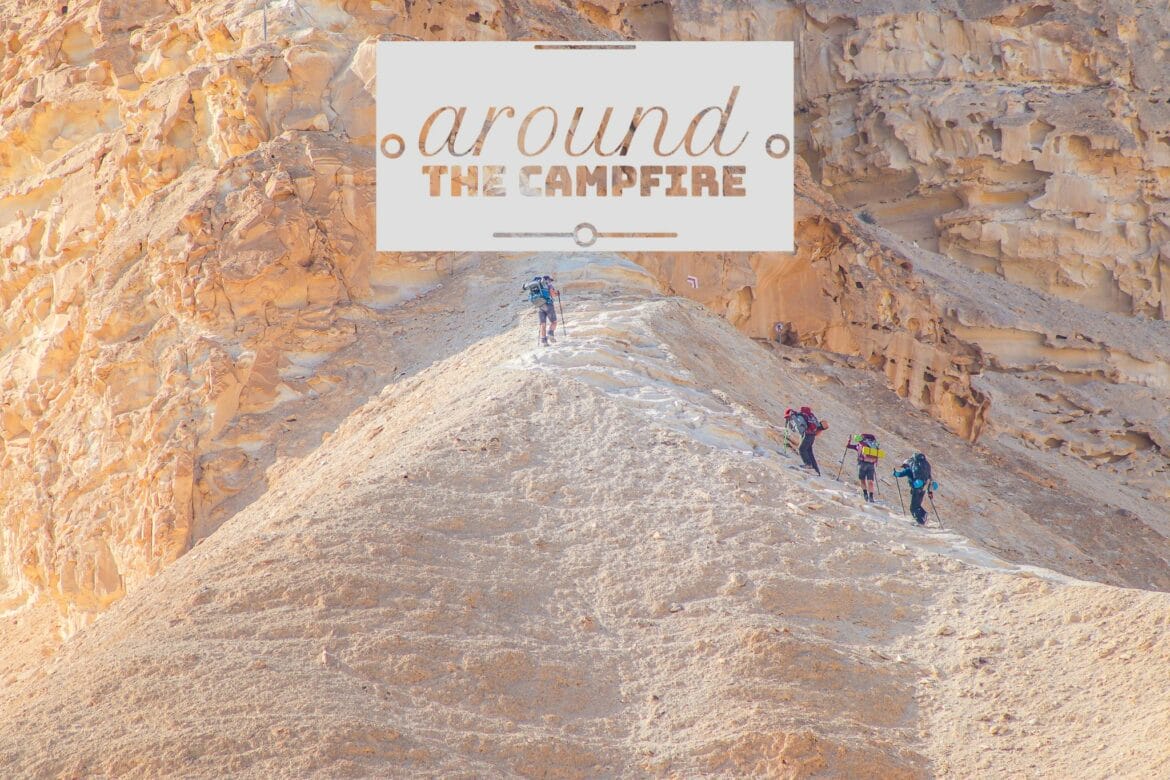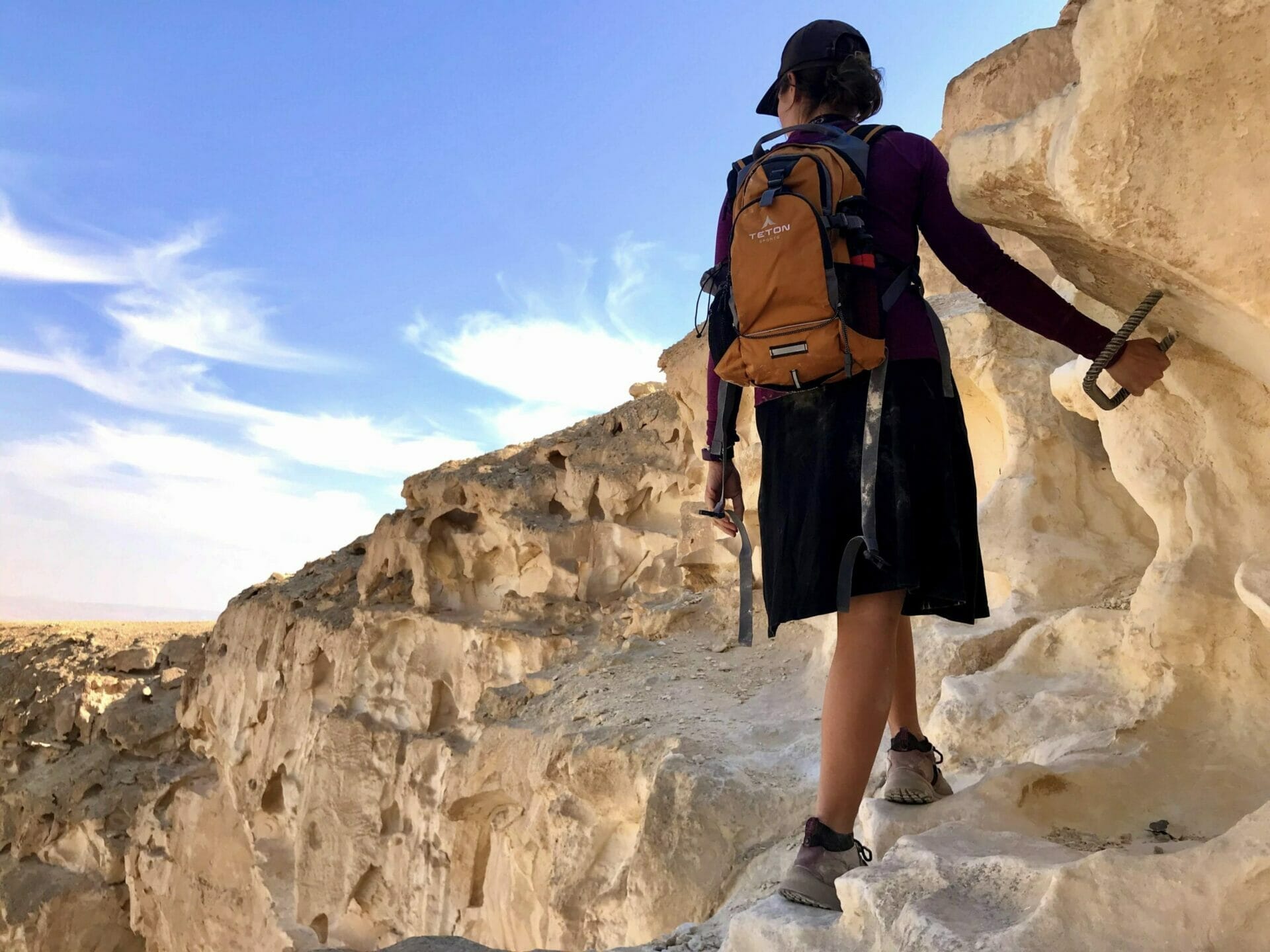
The human body is a complex system of muscles and organs. Exercise these, the experts say, and you’ll maintain your health and physical capability well into your later years.
But there’s more to muscle memory than weight reps and running on the treadmill.
We’re used to thinking of intelligence as a purely mental pursuit – no movement required. But according to Scott Grafton, neuroscientist and author of the book Physical Intelligence, all of our actions rely on “physical intelligence, our oldest and most important form of cognition.”
How do we know how to navigate down a shopping aisle, climb steps, or step over obstacles on the sidewalk?
Our brains and muscles have worked together over a lifetime to create information about dealing with these basic challenges. While loss of muscle mass might make you incapable of performing these simple physical tasks, the same is true for loss of function in the brain. Dr. Grafton has seen patients lose basic physical abilities following brain injury.
But what about more complex physical tasks: like climbing mountains? Walking on rocks and boulders? Or simply maintaining balance on uneven terrain?
These tasks all fall under the category of physical intelligence. Before sidewalks and shopping malls, human beings had to learn to deal with these challenges to survive.
Nowadays, mountaineering may not be essential to survival. Or is it? Amongst older adults, falling is a common injury which leads to overall physical decline. Through careful conditioning, we lose our natural capacity to negotiate anything but the most basic terrain over time.
As a hiker, I see this all the time. Kids love climbing over rocky pathways, while older adults often find these trails too challenging. Adults often look at a simple climb as “dangerous.” They don’t trust their body’s ability to ascend over rocks or tree branches without falling.
But physical intelligence is a skill that can be trained, just like any other. Shy away from these kinds of challenges, and you guarantee an inability to deal with them. This decreased physical dexterity can affect your daily life.
The only way to build physical intelligence is through practice.
Treadmills and weight reps are good. But hiking outdoors helps develop important skills that just can’t be mastered in a gym.
The next time you go for a hike, remember that spending time outdoors is more than just a fun pastime. Navigating, balancing on boulders, and negotiating difficult terrain are physical pursuits that build important cognitive skills.
Training this form of physical intelligence will change the way you move over the course of your lifetime.







